Para un amante de la Buena Música, no hay nada mejor que las Cantatas de Johann Sebastian Bach. Nikolaus Harnoncourt y Gustav Leonhardt iniciaron en el año 1970 la publicación de todas las Cantatas Religiosas de Bach con instrumentos originales, tras un exhaustivo estudio de las que eran auténticas y descartando las apócrifas. Fue un labor gigantesca, que finalizaron en 1990, veinte años después.

Nikolaus Harnoncourt was born in Berlin in 1929 and grew up in Graz in Austria. He studied cello with Paul Grümmer and at the Vienna Musikhochschule under Emanuel Brabec. From 1952 – 1969 he was a member of the Vienna Symphony Orchestra, and at the same time he devoted himself to the study of historic performing practice from the Renaissance to the Classical era, and to the playing technique and tonal capabilities of early instruments. This interest led him to found the ensemble Concentus Musicus in 1953, which made its first public appearance four years later. Soon after, Harnoncourt and his ensemble released the first of many records covering the period 1200 – 1800. One of the cornerstones of their discography are the complete Bach cantatas, which he recorded together with Gustav Leonhardt in a project that spanned nearly 20 years. In the 1978/79 season Nikolaus Harnoncourt initiated his own Concentus Musicus concert series at Vienna's Gesellschaft der Musikfreunde, which he continues to conduct to this day.
In the early years of his career, Harnoncourt was seen as a specialist for Renaissance and Baroque music, a pigeon-holing that he didn't care for. Later on he made a name for himself with his readings of Classical and Romantic works. He has been appearing regularly since 1985 at the annual festival styriarte in Graz, which he also helps to plan. He has performed and recorded Haydn, Beethoven, Schumann, Schubert, Mendelssohn and Brahms cycles here together with the Chamber Orchestra of Europe.
Nikolaus Harnoncourt regularly guest-conducts other orchestras, mainly the Amsterdam Concertgebouw and the Vienna and Berlin Philharmonic orchestras. His first opera production dates from 1971, when he conducted Monteverdi's Il ritorno d’Ulisse in patria at the Theater an der Wien, and soon after this he embarked on a fruitful cooperation with Jean-Pierre Ponnelle at the Zurich Opera. His acclaimed Monteverdi cycle (1975-79) made guest appearances in other major European cities such as Edinburgh, Milan, Vienna, Berlin and Munich, and was followed in 1980-87 by a cycle of Mozart operas. Harnoncourt has maintained his close connection with the Zurich Opera to this day. Elsewhere, he has conducted new productions of operas by Handel, Rameau, Haydn, Mozart, Beethoven, Schubert, Weber and Johann Strauss, many of which are available on record.
Both in opera and in the symphonic repertoire, Harnoncourt progressed as a conductor from Viennese classicism through the Romantic period to the 20th century. To cite just a few examples: his Mozart cycle at the Vienna State Opera, and the Salzburg Festival with Monteverdi's L'incoronazione di Poppea and Mozart's Le nozze di Figaro, Don Giovanni and La clemenza di Tito. In between, he returned time and again to Zurich, conducting Weber's Freischütz there, Des Teufels Lustschloss and Alfonso und Estrella by Schubert, Offenbach's La belle Hélène, La Périchole and La Grande-Duchesse de Gérolstein, and Verdi's Aida.

In the orchestral field, Nikolaus Harnoncourt built up and regularly rediscovered a large repertoire with four ensembles: the Amsterdam Concertgebouw Orchestra, the Vienna and the Berlin Philharmonic, and the Chamber Orchestra of Europe. This broad repertoire ranges from Haydn, Mozart and Beethoven through Schubert, Mendelssohn, Schumann, Brahms, Dvorák and Bruckner to 20th century composers like Bela Bartók and Alban Berg.
One of the central venues for many of these projects has been the music festival "styriarte", which was founded in Graz in 1985 with the aim of strengthening Harnoncourt's ties with his home town. It was here that he conducted for the first time Schumann's Genoveva, the Prelude and Liebestod from Wagner's Tristan und Isolde and, in 2001, the Verdi Requiem. 2003 saw his first opera production at the festival: Offenbach's La Grande-Duchesse de Gérolstein. Another highlight was the scenic production of Bizet's Carmen at the 2005 "styriarte".
Nikolaus Harnoncourt is also the author of highly-regarded books that have been translated into more than 20 languages. In these and in his teaching work, he endeavours to convey his views on the dialogue element in music. For 20 years he held a professorship at the Mozarteum College of Music in Salzburg, where he taught performing practice.
He has received numerous international awards for his work: Nikolaus Harnoncourt is an honorary member of the Gesellschaft der Musikfreunde and the Konzerthausgesellschaft in Vienna (since 1992), he holds honorary doctorates from the University of Edinburgh, the College of Music and Dance in Cologne and the Mozarteum College of Music in Salzburg, and is an honorary member of the Graz and Vienna colleges of music. He was awarded the Ernst von Siemens Music Prize in 2002 and the Stockholm Polar Prize, and in 2005 he was honoured with the Kyoto Prize, the world's most important independent cultural award bestowed on outstanding international personalities from the arts and sciences.
There are nearly 500 recordings in Nikolaus Harnoncourt's discography, which have been awarded all the major international Classical prizes. In 2002 his recording of the St Matthew Passion garnered a Grammy award, then in 2006 his Messiah with the Concentus Musicus Wien (82876640702/dhm) was awarded the Echo Klassik prize. The year after that saw the release of Bach's Christmas Oratorio (88697333212/dhm), followed in 2008 by Robert Schumann's Das Paradies und die Peri (88697271552/RCA), which received the 2009 Echo Klassik prize as choral record of the year. In Haydn anniversary year 2009 he recorded The Seasons (88697281262/dhm) as well as a set of Bach cantatas (88697567942/dhm), and released a live recording of Gershwin's Porgy and Bess (88697591762/RCA) made at the "styriarte". Nikolaus Harnoncourt's reading of Brahms's Ein deutsches Requiem with the Vienna Philharmonic came out in March 2011.
Gustav Leonhardt (Conductor, Harpsichord, Organ).
Born: May 30, 1928 - Graveland (near Hilversum), Holland.Died: January 16, 2012 - Amsterdam, Holland.
The eminent Dutch organist, harpsichordist, conductor and pedagogue, Gustav (Maria) Leonhardt, studied organ and harpsichord with Eduard Müller at the Schola Cantorum Basiliensis from 1947 to 1950.
Gustav Leonhardt made his debut in as a harpsichordist in Vienna in 1950. After studying musicology there, he served as professor of harpsichord at the Academy of Music from 1952 to 1955. He was professor of harpsichord at the Amsterdam Conservatory from 1954. He was also active as a church organist there.
Gustav Leonhardt made his first recordings of solo harpsichord music by J.S. Bach in the early 1950’s. These quickly established his reputation as an outstanding Bach interpreter. In 1954, with his Leonhardt Baroque Ensemble, he collaborated with the English counter-tenor Alfred Deller in recordings of J.S. Bach’s Cantata BWV 54 and BWV 170.
This early essay in historically aware performance style (HIP) - the ensemble included his wife Marie and Eduard Melkus (violins), Alice Hoffelner (viola), Nikolaus Harnoncourt (cello), and Michel Piguet (oboe) - may be justly considered an important torch-bearer in the new paths soon to be taken in Baroque interpretations. Since then Leonhardt has performed and recorded all the major solo harpsichord music of J.S. Bach. He made numerous tours of Europe and North America, mainly appearing as harpsichordist. He also led his own Leonhardt-Consort (replacing the Baroque Ensemble) on tours from 1955. An interesting curiosity about Gustav Leonhardt is that he was the main actor in the movie "Diary of Anna Magdalena Bach" (1967), playing and performing and above all personifying J.S. Bach.
In 1971 Gustav Leonhardt and Harnoncourt jointly undertook a project, completed in 1990, to record all J.S. Bach’s sacred cantatas. Leonhardt’s performances, in which his Leonhardt-Consort provided the orchestral nucleus, are elegantly shaped and often more restrained in expression than those of Nikolaus Harnoncourt.
Gustav Leonhardt edited J.S. Bach’s Die Kunst der Fuge, pieces by Jan Pieterszoon Sweelinck, and other works.
Fuente:
Páginas de interés:

![<strong>VERANO DE 1964 EN <em>SAINT CIERS DU TAILLON [Charente Maritime], Francia</em></strong>](http://2.bp.blogspot.com/_uAH5iz-oazI/TDhIgBhLG-I/AAAAAAAAC3k/0V9FA_qj0wc/S1600-R/Saint+Ciers+du+Taillon+1964+con+Antonio+y+Pape+en+la+esquina+y+Rosario+y+Simona+y+mi+padre+y+mi+madre+a+1100.jpg)
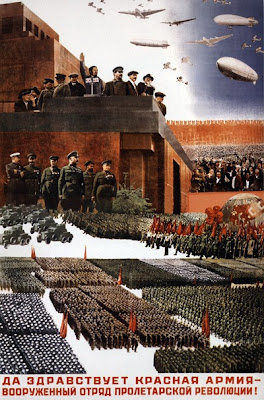
























































.jpg)















































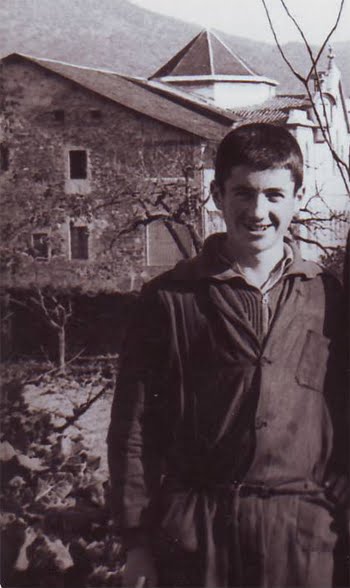



 Caravaggio, The Lute Player. The Hermitage, St. Petersburg
Caravaggio, The Lute Player. The Hermitage, St. Petersburg
 Carl Dobsky: Sunday Morning.
Carl Dobsky: Sunday Morning.





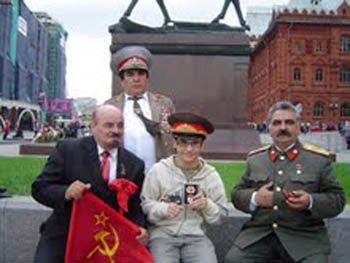


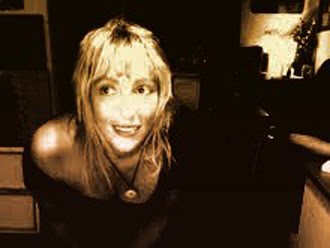
![<em>In memoriam</em> DEDICADO A MI MADRE Y A MI PADRE <em>[R.I.P.]</em>](https://blogger.googleusercontent.com/img/b/R29vZ2xl/AVvXsEhg8kGmThG2eQqA936KMeW72racq-MxLM2s8aYrXBXVrbxoRHd9tAUrp1PfV3gmNESeF0UWO6X4moQ4aqUfVi2S_8gGYDQljbU_rDExhz2Ed1oMewUnr_1HVQF0jWhflhZmXV7snCcYIKDx/s1600/In+Memoriam+de+La+Raza+de+Ca%25C3%25ADn+A+300.jpg)
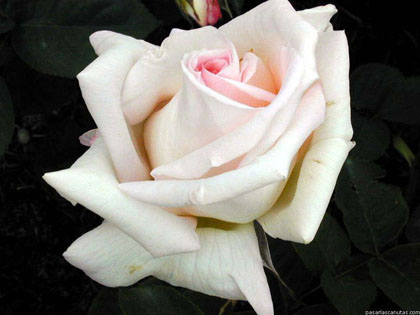

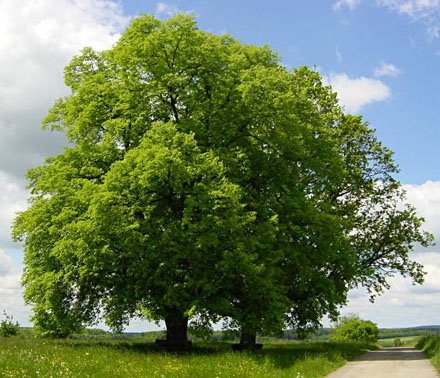











![<strong>VERANO DE 1964 EN <em>SAINT CIERS DU TAILLON<br> [Charente Maritime], Francia</em></strong>](http://2.bp.blogspot.com/_uAH5iz-oazI/S9L2Hm2b6KI/AAAAAAAACw8/xTL8vb4lXis/S1600-R/Toda+mi+familia+en+Francia+Reducida+a+1000.jpg)






No hay comentarios:
Publicar un comentario